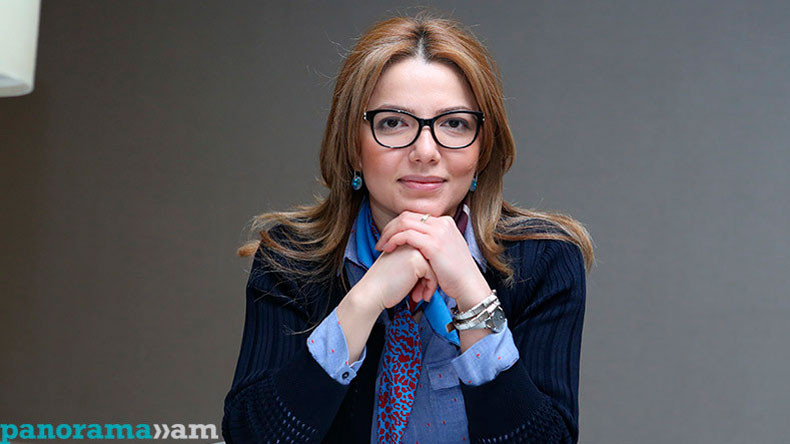
Analysis: UN elections and multilateral format 'spider silk' woven by Turkey's neighbors
The United Nations will host three elections simultaneously on June 17. UN General Assembly President Tijjani Muhammad-Bande announced on Tuesday that elections for new members of the UN Security Council, the Economic and Social Council, as well as the president of the 75th session of the UN General Assembly will be held on the day.
Due to the coronavirus pandemic, the elections will be held simultaneously, with ambassadors from the 193 UN member states set to cast secret ballots during spaced-out timeframes.
The election of the president of the 75th session of the UN General Assembly is of particular importance.
The presidency rotates annually between the five geographic groups. In 2020-2021, the president is to be elected from the Western European and Others Group, which also includes Turkey. The only agreed candidate in the group is Turkish diplomat and politician Volkan Bozkir.
His candidacy was initially sent to member states for unanimous approval, but several countries requested a vote. Diplomatic sources identified the three countries as Greece, Cyprus and Armenia.
And now "thanks to” Armenia, Greece and Cyprus, instead of unanimous approval, Bozkir's name will be on the ballot for the June 17 elections.
This is the first time that a Turkish representative will hold this largely ceremonial position at the UN for one year starting from September.
Although it is not uncommon for a geographic group to nominate a candidate, it is noteworthy that the Turkish envoy received consensus support from the Western European and Others Group at a time when Europe's relations with Turkey are strained in the face of the Turkish military operations in Syria and its aggressive policies in Libya and the Mediterranean, with EU member states imposing sanctions on Turkish officials.
Turkey's aggressive policies have turned its neighbors, both far and near, against it, with the latter joining efforts to curb Erdogan's unbalanced foreign policy. In this context, the “spider silk” of three-sided, four-sided and larger formats woven by Turkey’s neighbors is noteworthy.
Although they are not formally anti-Turkish, they consider the restoration of military balance and multilateral cooperation distorted by Turkey in the region to be an important part of their mission. The Armenia-Greece-Cyprus, Cyprus-Israel-Greece, Egypt-Cyprus-Greece, and the recently established Greece-Cyprus-Egypt-UAE-France formats are among them.
Despite its ceremonial character, the position of the United Nations General Assembly president gives some image to a county. Perhaps in this way the countries of the Western European Group try to play on the vanity of the Turkish government, expecting some other agreements.
Factually, as a result of Turkey's infamous "zero problems with neighbors" policy, there are very few neighbors left who are ready to allow Turkey to easily get even that symbolic "trophy".
Newsfeed
Videos






























